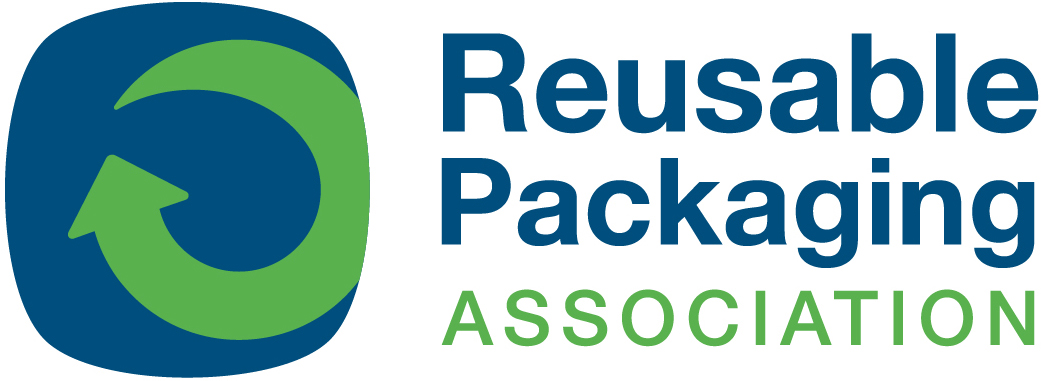 The Kroger Company, headquartered in Cincinnati, Ohio, is one of the nation’s largest retail grocery chains with $82 billion in yearly sales. Kroger operates over 3,200 grocery and convenience stores in 37 states under two dozen local banners including Kroger, Ralphs, Fred Meyer, Food 4 Less, Fry’s, King Soopers, Smith’s, Dillons, QFC and City Market. Kroger associates also serve customers in 361 fine jewelry stores and 1014 fuel centers.
The Kroger Company, headquartered in Cincinnati, Ohio, is one of the nation’s largest retail grocery chains with $82 billion in yearly sales. Kroger operates over 3,200 grocery and convenience stores in 37 states under two dozen local banners including Kroger, Ralphs, Fred Meyer, Food 4 Less, Fry’s, King Soopers, Smith’s, Dillons, QFC and City Market. Kroger associates also serve customers in 361 fine jewelry stores and 1014 fuel centers.
RPA Editor: Describe the area of the reusable supply chain where your company fits in.
Davis: Kroger is what is described as an “end user” as we receive products from our suppliers that are packed in reusable containers and stacked onto reusable pallets. Once the containers and/or pallets are emptied, we return these to the appropriate reusable depot for cleaning and reuse by our product suppliers.
RPA Editor: Briefly describe the role of reusables in your supply chain.
Davis: Reusables enable us to pack and transport product more efficiently while protecting the product from damage through the entire supply chain.
RPA Editor: Describe some of the challenges you see that impede end-user companies from implementing reusable packaging.
Davis: There are several related to a lack of understanding. These include how resuables can increase supply chain efficiencies, how to put together a reusable pilot project, and how to manage reusables after adoption. Also, in order to be a candidate for reusables, the end user must have a have critical mass (small volume end user vs high volume end user) for pooling/return logistics.
RPA Editor: Describe the successes that Kroger has had implementing reusable packaging.
Davis: I continue to be the project lead in converting our fresh produce into RPCs. Our success has been achieved through a team approach of Kroger Stores, DCs, reusable suppliers, and our product suppliers/growers.
RPA Editor: What are the key changes you see happening in the reusable marketplace – relative to end user adoption – in the near future?
Davis: The need for “team/collaboration” approach is going to be critical for future adoption and to sustain the adoption.
RPA Editor: What value has Kroger gained by being a member of the RPA?
Davis: The interaction and cross communication we have with the reusable companies has been very valuable in developing a better understanding of how reusables can in fact increase efficiencies in the supply chain and have a lasting benefit to the environment.
RPA Editor: How does the RPA help end users?
Davis: The RPA offers the platform to present the voice of the customer (the needs of the receiver/end user and product supplier) through the interaction and sharing of information of all companies.
RPA Editor: What other value does the RPA provide?
Davis: The RPA plays an important leadership role in the adoption of resuables through enhancing the collaborative environment by recruiting members from product suppliers, end users, logistics, material handling suppliers and reusable suppliers. This collaborative membership and sharing environment will increase future reusable adoption.
